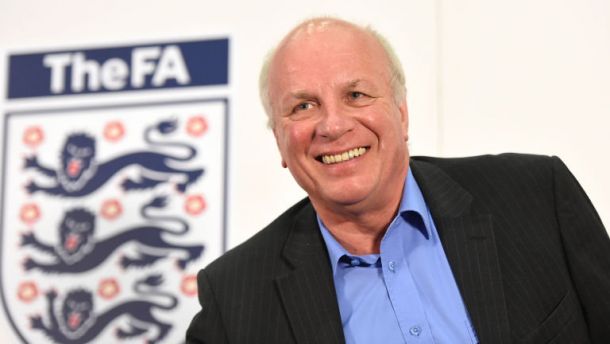The English Football Association chairman Greg Dyke has revealed he wants to see video technology introduced into the sport.
On the day that football's lawmakers decided against the introduction of new technology into football's biggest leagues, controversy struck as Sunderland's Wes Brown was sent off for a foul seemingly committed by John O'Shea against Manchester United.
Now, Dyke has told the BBC that he would like to see trials done in the UK on the technology, "I would very much like to do a pilot in the UK [but] FIFA can stop us doing a pilot in the UK."
The International Football Association Board (IFAB) is the ultimate decider on introducing new laws in the game but they delayed a decision on it for at least 12 months on Saturday morning.
"I can understand that everybody thinks we should not rush into change and that we should do it slowly, which I think does make sense, but you have got to do pilots to see what does work and what doesn't," said Dyke.
When asked about Wes Brown's controversial sending off, Dyke explained his thoughts on the matter,
"If you could help that referee with video technology, then you should.
"We see these figures and they tend to suggest referees are not having a bad season but obviously there are still mistakes inevitably and they get highlighted. That's life."
After the situation surrounding Roger East's decision against Sunderland on Saturday, former referees' chief Keith Hackett strongly criticised the current quality of refereeing and the IFAB's decision.
"Referees are making big mistakes, week in, week out. They need some leadership and with that leadership the guy who is at the top needs to front up," Hackett said, speaking to the BBC.
"He [Mike Riley, head of Professional Game Match Officials Limited] should be encouraging Howard Webb to come back into the game as a referee. I don't know what Howard is doing behind the scenes with the referees."
On East's decision, he added: "I think it was another error in refereeing that we've seen, we're seeing it pretty often."






































